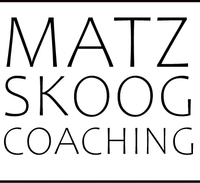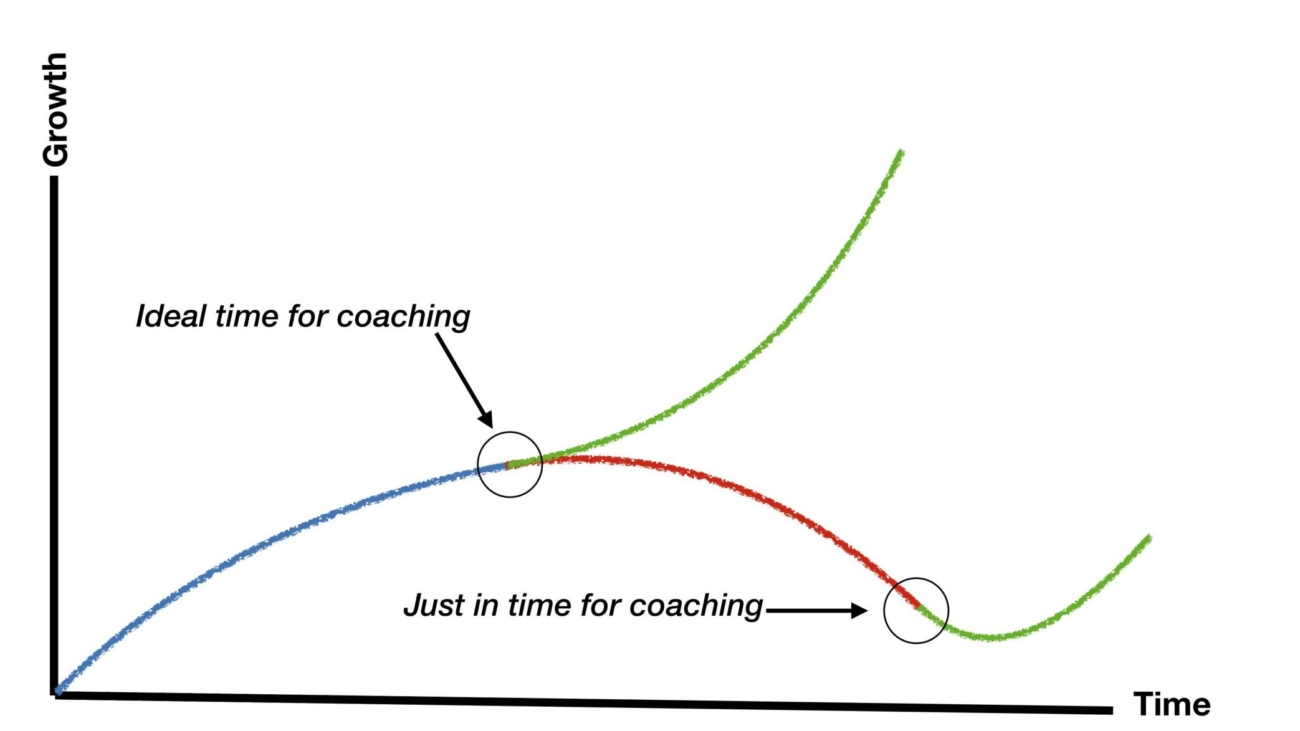Today’s topic is Impostor Syndrome, which is an issue troubling a surprising number of people. It’s been my personal experience that the higher I climbed on the career ladder the less confident did I feel of my competence regardless of my success. Reflecting on this prompted me to write this short article, which I hope you will find both interesting and encouraging.
Have you ever felt that you don’t belong, or that you’re not as competent and accomplished as other people? Do you sometimes feel you don’t deserve your successes and that people are going to find out that you are out of your depth? If so you’re in good company along with approximately 70% of the population that experience those same feelings at some point in their lives. This is one of our more common social afflictions known as Impostor Syndrome.
Some research indicates Impostor Syndrome may be more common amongst women than men. This is probably because of gender inequality and societal attitudes where women are made to feel less worthy than their male counterparts. But Impostor Syndrome will affect anyone who is not able to internalise and own his or her achievements. Certain personality types are more likely than others to feel unworthy of recognition.
“Perfectionists” set impossibly high expectations for themselves, and even the smallest mistake will make them question their own competence.
“Experts” feel inadequate unless they know every fact and figure in their field of knowledge.
“Natural geniuses”, whose skill comes easy, might feel less worthy because they think they should be working harder at being good at what they do.
“Soloists” will feel they have to accomplish everything alone, and may think that asking for help is a sign of failure.
“Supermen” or “superwomen” have it particularly tough. They feel the need to push themselves harder than everyone else to prove they’re not impostors and may become anxious if they fall even slightly short of the mark.
There’s no single answer as to why people experience Impostor Syndrome. It can be triggered by outside factors such as being in an environment of institutionalised stereotypes around competence. More often it stems from childhood, such as memories of a demanding parent or successful sibling that made you feel less than adequate. As a toddler you were likely to think that anyone older (and bigger) than you was more capable, which was probably true at the time. But as you grow up this is not necessarily true any longer. However, the feeling of being less capable than others remains with you into adulthood.
Impostor Syndrome is to some degree a failure of imagination. It springs from a skewed vision of yourself and of the people around you. We see ourselves from the inside, whilst we see other people from the outside only. We only see the facade they care to show, not the emotions they are experiencing. Therefore we simply cannot imagine they have the same feelings as we do. The fact is everybody has a similarly limited perspective when comparing themselves to others, and your view of yourself is highly subjective and probably less than generous.
But here’s the thing. Feeling slightly out of your depth is not always a bad thing. A light touch of Impostor Syndrome may just mean that you are pushing beyond your comfort zone, and as we know, it’s outside of that comfort zone where all learning and personal development takes place. So perhaps the challenge is not in getting rid of Impostor Syndrome altogether, but in getting better at dealing with it and becoming comfortable with being [slightly] uncomfortable.
Most people experience moments of doubt, that’s normal. What’s important is not to let that doubt stand in your way. You can have impostor moments without living an impostor life. But confidence in yourself will not magically appear; it’s the product of optimism and of doing stuff. So what you need more than anything is courage – courage to make a leap of faith and trust that you are worthy of your achievements and realise that other people are equally vulnerable, experiencing the same insecurities, fears and foibles that you and I are suffering.
PLUS… whenever you are ready to talk and reflect on business, life and your specific challenges I’m here for you. I will provide the challenge, encouragement, and support you need to be successful. With me you’ll find a safe space for the conversations you are normally too busy to have, knowing you will not be judged, and go further than you thought possible.
· If you are stuck: You will become inspired and able to move forwards.
· If you are uncertain of what’s next in work and life: You’ll find clarity and purpose.
· If you are lacking confidence and doubt yourself: You will re-discover your mojo and get back into the driver’s seat of life.
To book a no-obligation, free strategy session drop me a line at: matz.skoog@gmail.com










